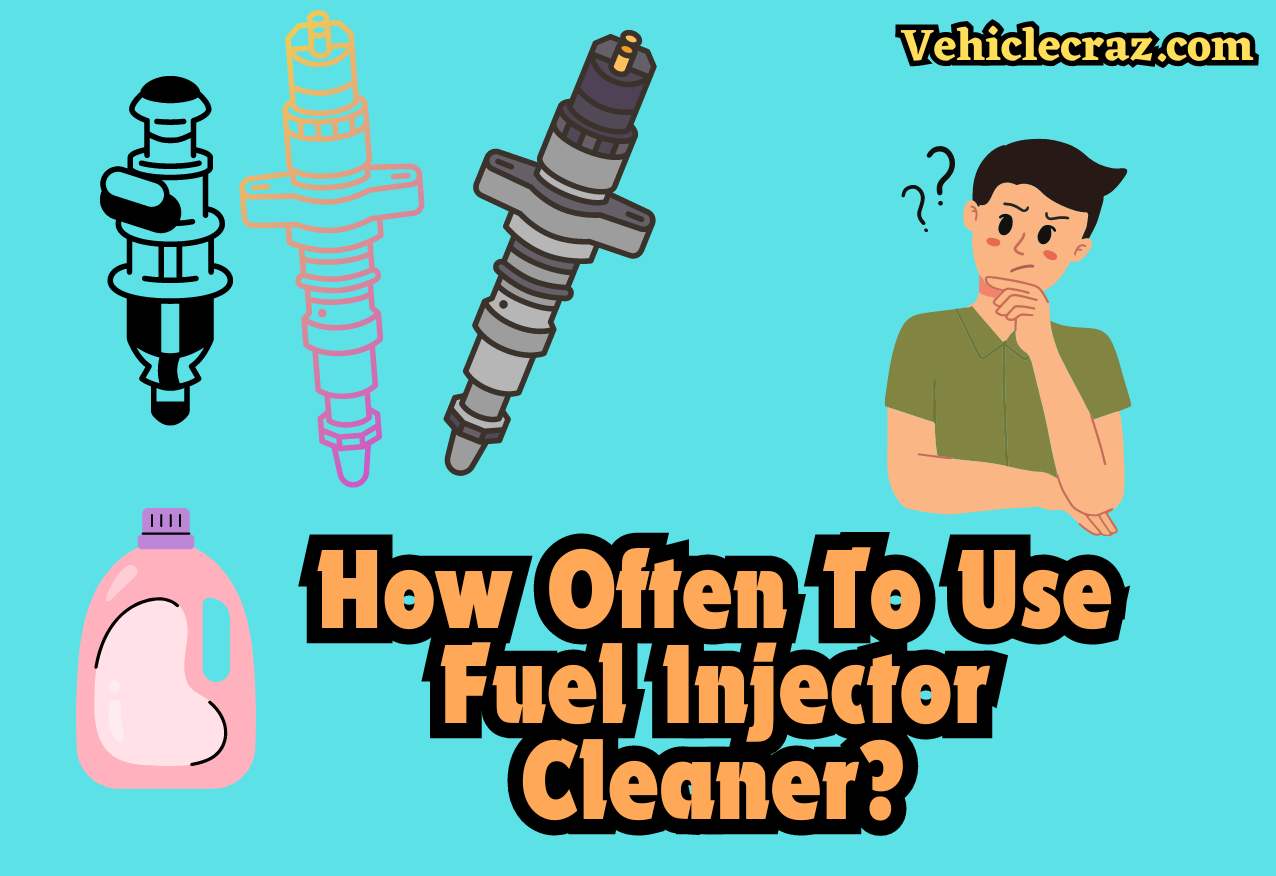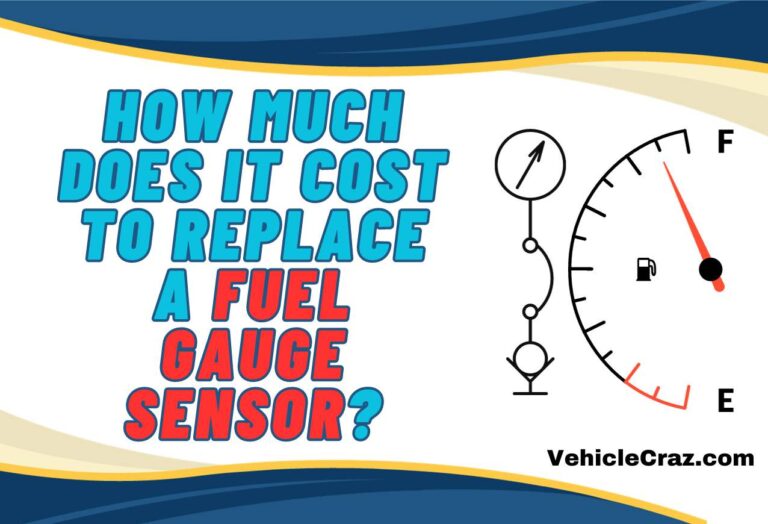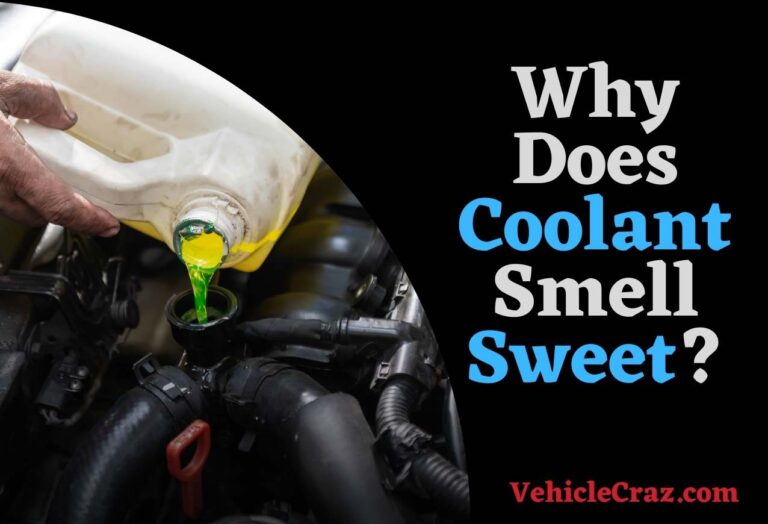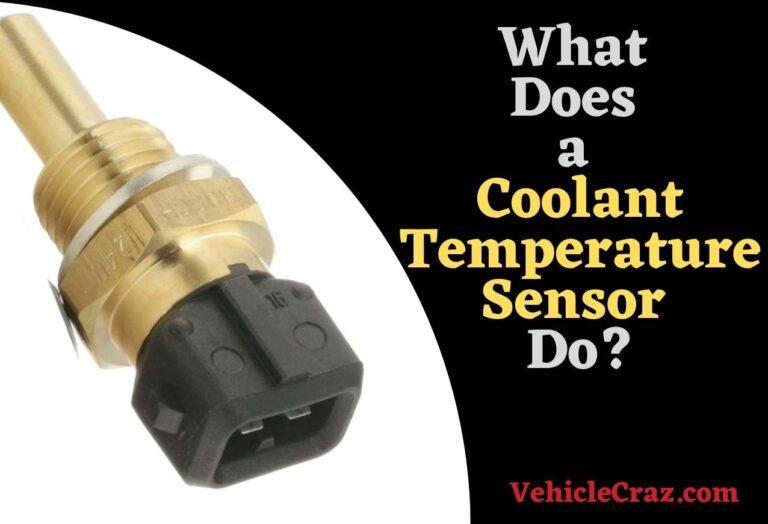How Often To Use Fuel Injector Cleaner?
If you are a guy who wants optimal engine performance and fuel efficiency, you would want to know how often to use fuel injector cleaner. So, we thought of writing a dedicated article on this subject. Here we go!
How Often To Use Fuel Injector Cleaner?
In general, using a fuel injector cleaner every 3,000 to 5,000 miles or every few months can help prevent deposits from building up and maintain optimal engine performance. However, the frequency of using fuel injector cleaner can vary depending on several factors.
- Vehicle Age and Mileage: Older vehicles or those with higher mileage may benefit from more frequent use of fuel injector cleaner, as they are more likely to have deposits and buildup in the fuel system.
- Driving Conditions: Vehicles driven in stop-and-go traffic, short trips, or dusty environments may accumulate deposits more quickly and may require more frequent use of fuel injector cleaner.
- Fuel Quality: Lower-quality fuels may contain more impurities that can lead to deposits in the fuel system, necessitating more frequent use of the cleaner.
- Manufacturer Recommendations: Some vehicle manufacturers may recommend periodic use of fuel injector cleaner as part of regular maintenance. Check your owner’s manual for specific recommendations.
What are the Signs that Indicate it’s Time to Use a Fuel Injector Cleaner?
Signs that indicate it may be time to use a fuel injector cleaner include rough idle, poor acceleration, engine misfires, reduced fuel efficiency, engine stalling, check engine light related to misfires or fuel system issues, and poor performance at high RPMs.
Rough idle, where the engine does not run smoothly at a standstill, can be a sign of dirty or clogged fuel injectors. Poor acceleration, especially noticeable during quick acceleration, can indicate fuel injector issues. Engine misfires, characterized by stumbling or hesitation during acceleration, can also be caused by clogged fuel injectors.
A sudden drop in fuel efficiency could be due to inefficient fuel injection caused by dirty injectors. Engine stalling, particularly at idle or low speeds, can be a sign of clogged fuel injectors disrupting the air-fuel mixture.
A check engine light that indicates a misfire or fuel system issue could be a sign of injector problems. Finally, poor performance at higher RPMs, where the vehicle struggles or feels weak, may be due to fuel injectors not delivering enough fuel.
If you experience any of these symptoms, it may be beneficial to use a fuel injector cleaner to help clean and restore proper functioning to your fuel injectors. However, it’s essential to ensure that the symptoms are indeed caused by dirty injectors and not by other underlying issues.
Can Using Fuel Injector Cleaner Too Frequently Cause Harm to the Engine?
Using fuel injector cleaner too frequently can potentially cause harm to the engine, although the risk is generally low if used according to the manufacturer’s instructions.
Potential for Damage to Fuel System Components
Overuse of fuel injector cleaner can lead to damage to fuel system components, such as seals and gaskets. Some cleaners contain chemicals that can degrade rubber components over time, leading to leaks and other issues.
Corrosion Risk
Aggressive cleaners used too frequently can potentially cause corrosion in the fuel system. This can lead to leaks and other fuel system problems.
Misdiagnosis of Underlying Issues
Using fuel injector cleaner too often to address engine performance issues can mask underlying problems that may require more extensive repairs. It’s important to diagnose the root cause of any issues before relying on fuel injector cleaner as a solution.
Waste of Money
Using fuel injector cleaner more often than necessary can be a waste of money, as the benefits of the cleaner may diminish with frequent use.
Can Using a Higher-quality Fuel Injector Cleaner Reduce the Frequency of Cleaning Required?
Yes, using a higher-quality fuel injector cleaner can potentially reduce the frequency of cleaning required. Higher-quality cleaners often contain more effective detergents and additives that can help keep fuel injectors and the fuel system clean for longer periods.
These cleaners are designed to break down and remove deposits more effectively, which can lead to improved fuel system performance and efficiency. By using a higher-quality cleaner, you may not need to clean your fuel injectors as frequently, saving you time and money in the long run.
It’s important to note that while higher-quality cleaners may be more effective, it’s still important to follow the manufacturer’s recommendations for use. Overusing any cleaner, even a high-quality one, can potentially lead to issues such as damage to fuel system components or reduced effectiveness over time.
When to Start Using Fuel Injector Cleaner on a New Car?
For a new car, it’s generally recommended to wait until the vehicle has accumulated some mileage before using a fuel injector cleaner. This is because new cars typically do not have significant deposits or buildup in the fuel system that would require cleaning.
Most experts suggest waiting until the car has been driven for at least 5,000 to 10,000 miles before considering the use of a fuel injector cleaner. This allows enough time for any initial engine break-in period and for the fuel system to accumulate some deposits that may benefit from cleaning.
It’s also a good idea to check the manufacturer’s recommendations for your specific vehicle, as some manufacturers may have specific guidelines regarding the use of fuel injector cleaners. If you’re unsure, it’s always best to consult with a mechanic or refer to your owner’s manual for guidance.


I’m Alex, a seasoned mechanical teacher with over 20 years of hands-on experience in Australia. My passion for all things automotive has driven me to establish this blog, aiming to share my wealth of knowledge and expertise with fellow enthusiasts, DIYers, and anyone keen on understanding the mechanics behind the machines we rely on daily.







